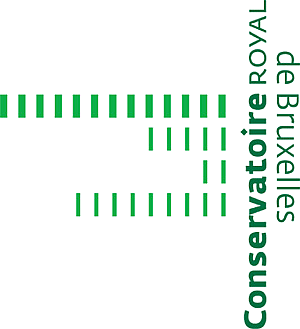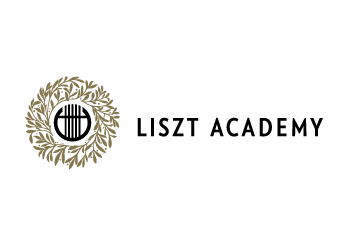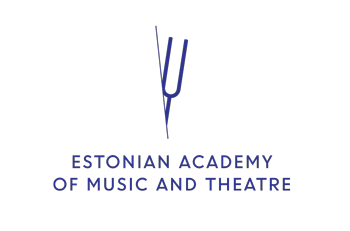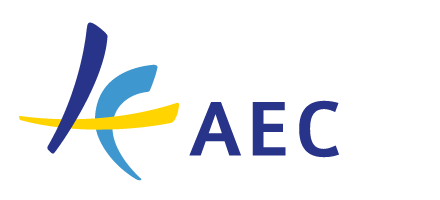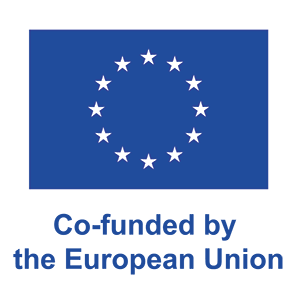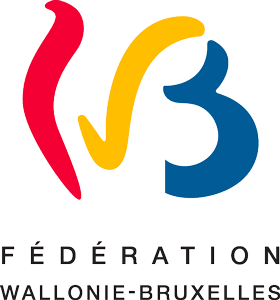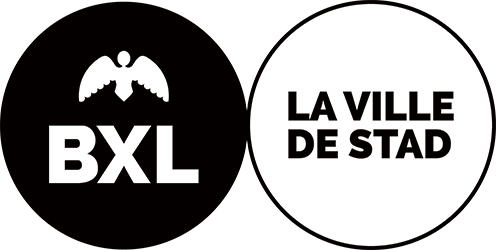Further information
-
assessment
Exam with grade E -
level
Intermediate -
 Completed Semester5./6.
Completed Semester5./6. -
How many semesters does the course last?
1 -
hours per week
90 min -
 Link of the course
Link of the course -
 Target group of courseInstrumentalists, beginner
Target group of courseInstrumentalists, beginner -
 credits3
credits3 -
 Type of CourseSeminar
Type of CourseSeminar -
Degree Level
Bachelor -
 e-learning-elementsmoodle, course materials
e-learning-elementsmoodle, course materials -
Course
Mandatory -
students #
6-15 students -
Hours per year
30 -
BIBLIOGRAPHY
none -
ONLINE CATALOGUE
WITH CONTENTS -
evaluation grid
-
evaluation grid
and document
Teacher(s)
Anne Melzer
current position
research assistant
Institution
Hochschule für Musik Mainz (Johannes-Gutenberg-Universität Mainz)
Be a part of our european project !
This European project (KA 203 Strategic Partnership) created by Salvatore Gioveni promotes cross-border collaboration in the field of Music Theory through sharing knowledge and transferring pedagogical innovation. It thus responds to a lack of centralised source and framework to deepen reflection by means of cross-disciplinary study at European and international level.
There is a significant wealth of educational practices from one country to another in this sector, especially in terms of harmonic musical notation and analysis. However, HMEI's are facing the nonexistence of a European network for pedagogical staff in Music Theory so far. To improve the situation, the project will among other things develop several intellectual outputs such as Online Platform (IO 1), an EU Bibliography (IO 2), a Repository Courses (IO 3), a Multilingual Glossary (IO 4) and an Exchange Online Learning Platform.
Besides the Conservatoire royal de Bruxelles as leader and manager of the project, the following partner institutions are involved: Music Academy S. Moniuszki Gdańsk (Gdańsk, Poland), F. Liszt Academy of Music Budapest (Budapest, Hungary), Estonian Academy for Music and Theatre (Tallinn, Estonia), HfMTh "Felix Mendelssohn Bartholdy" (Leipzig, Germany).
 | 2024
| 2024
